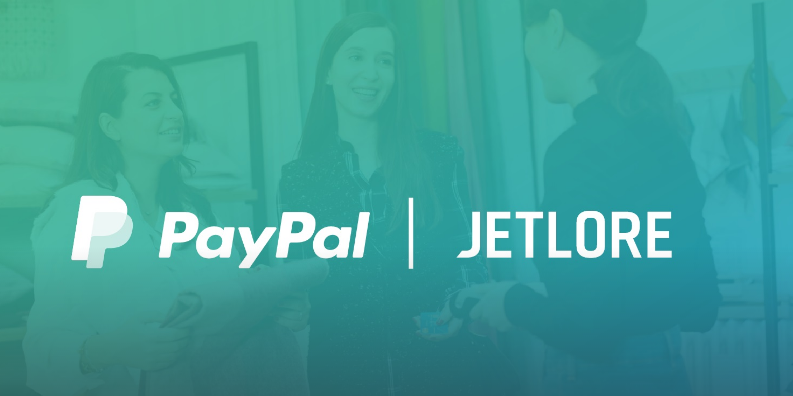PayPal Acquires Jetlore, Adds AI Tech to Marketing Unit

The US e-payment specialist keeps focusing on improving CRM and, just a few days after they completed their largest acquisition to date, PayPal buys out the start-up Jetlore. This transaction is in line with their focus on building e-merchants’ trust, and maintaining good relations with these segments.
The Californian start-up Jetlore was founded in 2011. Their core business relies in designing AI and Machine Learning algorithms enabling their merchants to benefit from predictive retail data analyses. They scrutinise billions of elements to feature customised purchasing recommendations. Their list of merchants includes large-scale groups such as Nordstrom Rack and Uniqlo.
Jetlore’s predictive analytics solutions will enhance and accelerate PayPal Marketing Solutions, a set of marketing and analytics tools for online customer processes. Partner merchants will then be able to anticipate consumers’ decisions and deal with cart abandonment issues.
Jetlore claims they helped some customers increase their revenue by 60 to 70%. And, for eBay, they would have contributed to cutting down chum rates by more than 12%.
Comments – AI tech, strategic tools to make the most of customer data
Predictive algorithms are growing popular with several industries, especially with retail-related sectors. In fact, most merchants want to come to grips with consumers’ preferences, anticipate what they may expect and send customised offers based on AI technologies. PayPal’s merchants are now provided additional tools to do just this: a way for the US e-payment giant to outpace rival solutions and consolidate merchants’ trust.
PayPal bets on Jetlore’s technologies to expand their value proposition via including additional capabilities for the sake of improving customer relation and attracting more merchants. While their buyout of iZettle was meant to address brick-and-mortar locations, this acquisition aims for another segment: marketplaces and larger e-merchants. Jetlore, for their part, haven’t been targeting small and micro-companies so far, but could now reach out for these segments, as well.
